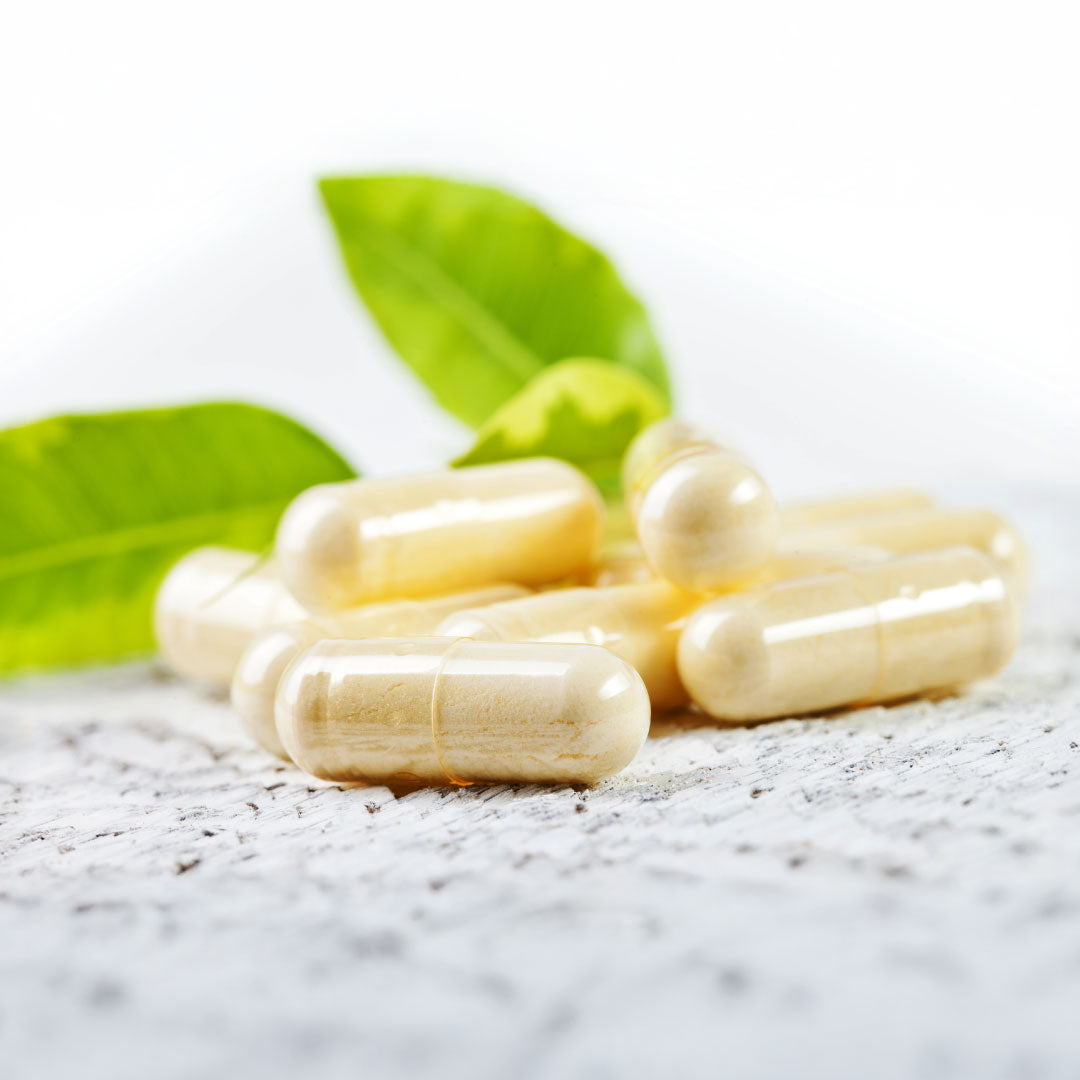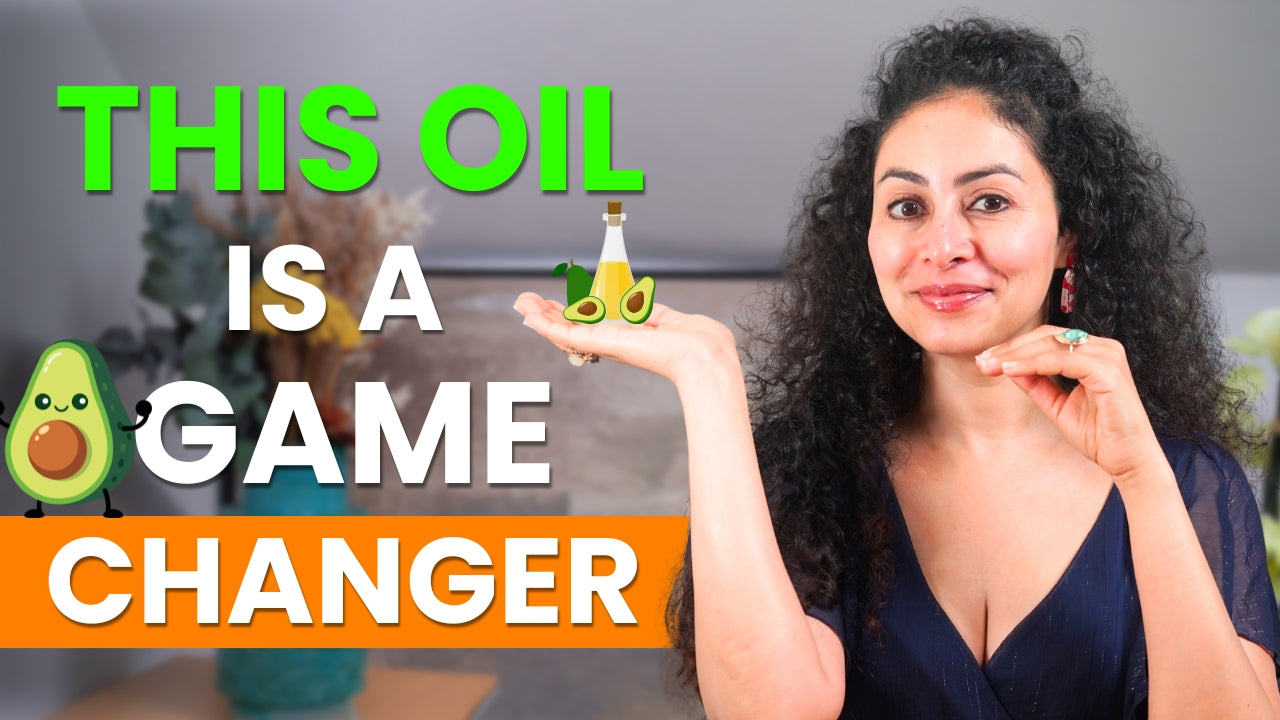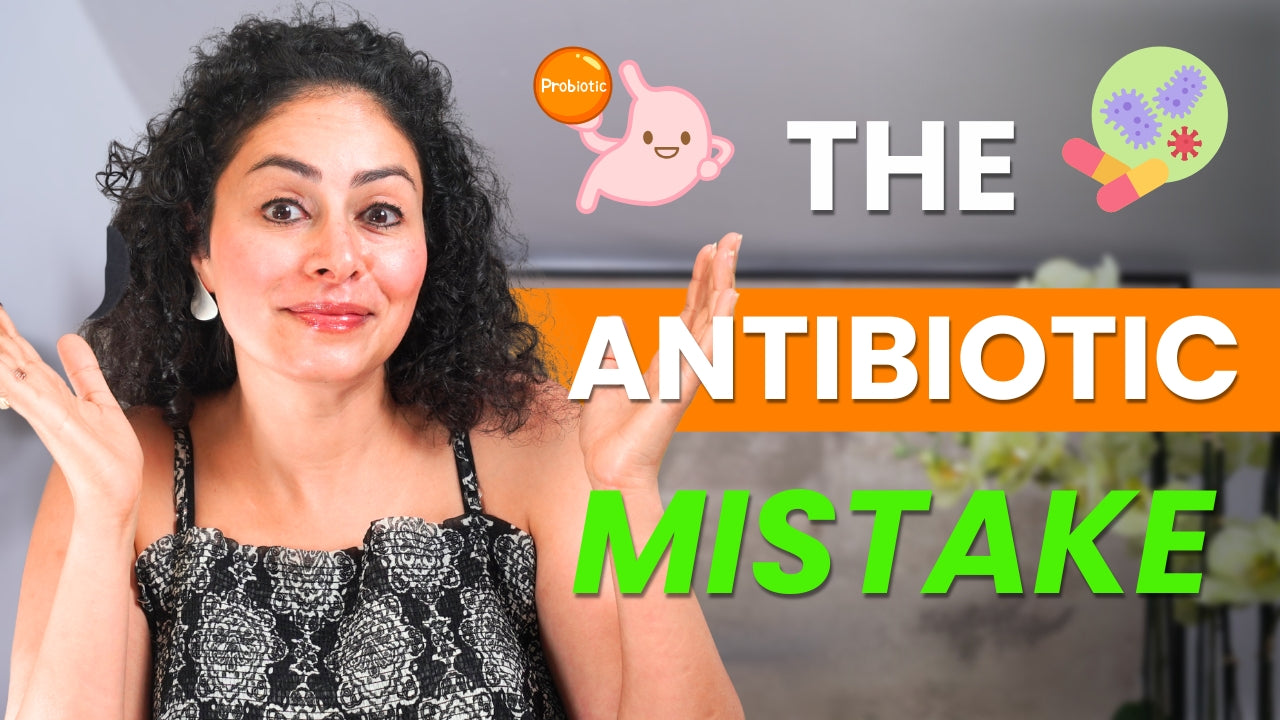Vitamin C, we all rushed to stock up on this immune-system vitamin during the pandemic. Demand for this much-needed vitamin is not seeing any decline in the future. Vitamin C is a water-soluble vitamin, meaning that your body doesn't store it. Any excess goes down with urine, and you have to get what you need daily from food. The second-best option is supplements. We have Vitamin C in our complexes. We know how valuable vitamin C is, so we’ve added it to all our formulas.
Now, the European Food Safety Authority has confirmed that vitamin C plays a crucial role in maintaining healthy skin. This is an authorized health claim; there is no dispute or argument. So, how does Vitamin C make you glow?
- Collagen production: What is collagen? Collagen is a protein that provides structure and elasticity to your skin. Sadly, its production decreases as we age—it’s a natural process; it doesn’t mean that you’re doing anything wrong or not taking care of yourself. It starts declining from such an early age, like 25 years old—you would be in your prime and collagen starts declining—a bit depressing if you ask me, but it’s what it is! So, we get wrinkles, sagging skin, and fine lines—the whole lovely package! But Vitamin C does help! Because it is a cofactor for three enzymes involved in the biosynthesis of collagen, it increases collagen in your body, and in doing so, it maintains the firmness of your skin.
- Potent antioxidant: But that’s not all! Vitamin C is a strong antioxidant. It neutralizes free radicals caused by environmental stressors: pollution, smoke from cigarettes and cars, and factories. Other stressors include ultraviolet radiation; that’s a big, big danger because UV radiation is a form of non-ionizing radiation released by the sun and artificial sources, like tanning beds, for example. We know that free radicals can ruin skin cells, leading to premature or accelerated aging. When vitamin C beats oxidative stress, it protects the skin from damage and maintains its youthful appearance.
- Brightens Skin Tone: Vitamin C helps fade hyperpigmentation—that’s dark spots on your face—because it also inhibits the production of melanin. We know that melanin is the pigment responsible for skin coloration, and regular consumption of vitamin C definitely results in a brighter complexion. Think of it as your secret weapon against uneven skin tone.
- Anti-inflammation: Vitamin C has anti-inflammatory properties that soothe irritated skin. It reduces redness, especially redness associated with the sun; that’s where vitamin C is most effective. It can also calm inflammatory skin conditions like acne and rosacea.
- Natural barrier function: Vitamin C acts as a natural barrier for your skin. What it does is that…. it functions like a sponge, it locks in moisture and protect against external irritants, a healthy barrier maintains hydration, prevents dryness and slightly reducing the risk of skin conditions like eczema and psoriasis. I was diagnosed with psoriasis in my toenails, and they suspect I also have psoriasis in my hands. That’s why my hands look a bit funny, with dark patches here on the fingers. Another possible cause might be Raynaud's disease, I have that, too, fun and games! I try to manage the flares with a solid keto diet and supplementation of Vitamin C and glucosamine.
- Wound healing: Vitamin C is involved in wound healing. It promotes tissue repair and regeneration, which can accelerate the healing of cuts and minor skin injuries. I had a silly cut on my cheek 3 months ago from a tennis fall and it healed beautifully with a higher dose of vitamin C. You’ll probably need medical intervention if the injury is massive.
Now, look for products formulated with stable forms of vitamin C to ensure efficacy, such as ascorbic acid and magnesium ascorbate. We have ascorbic acid in our complexes: Marine Collagen, Hyaluronic Acid & Biotin Complex, Marine Collagen & Hyaluronic Acid Complex, our Raw Unfiltered Apple Cider Vinegar with Mother, Vitamins & Minerals Complex and our Glucosamine Chondroitin and Turmeric Complex.
But having a diet rich in vitamin C, lots of vegetables, can also support your skin from the inside out. I don’t always champion fruits for their high sugar content, but they are bursting with vitamin C, all citrus fruits & kiwi. A lovely option for me is strawberries because they are very low in carbs. On the vegetables front, bell peppers and broccoli are excellent sources.
Do you know how you can EASILY replenish vitamin C? Lemon juice…. 2 medium-sized lemons provide half your daily intake of vitamin C, half! One lemon provides about 31mg of vitamin C, so 2 lemons will give you 62mg of vitamin C. When you know that you need a daily minimum of 80mg of vitamin C, you will realise that getting 62mg out of 2 lemons only is a pretty good deal. I squeeze the lemon juice in water, room temperature, don’t wait for long to drink it, consume immediately, vitamin C is temperamental, it can destabilize quickly when it comes into contact with air and sunlight. And don’t heat it so it retains its vitamins and minerals. I also eat the inside of the lemon, not the rind, but the whitish fibre inside, this is gold for gut health, gold. Highly recommended. Please don’t go drink orange juice and call it vitamin C. Please don’t do that. Orange juice is not food. It’s sweetened water, candy water, I call it. When you take this orange and squeeze it, this is what you get, water + sugar. You lose all the wonderful, lovely fibre that is brilliant for gut health, that’s why we must stay away from fruit juices. Eat the whole fruit, it’s worth it.
-- Written by Hala, founder of Dietapplements















